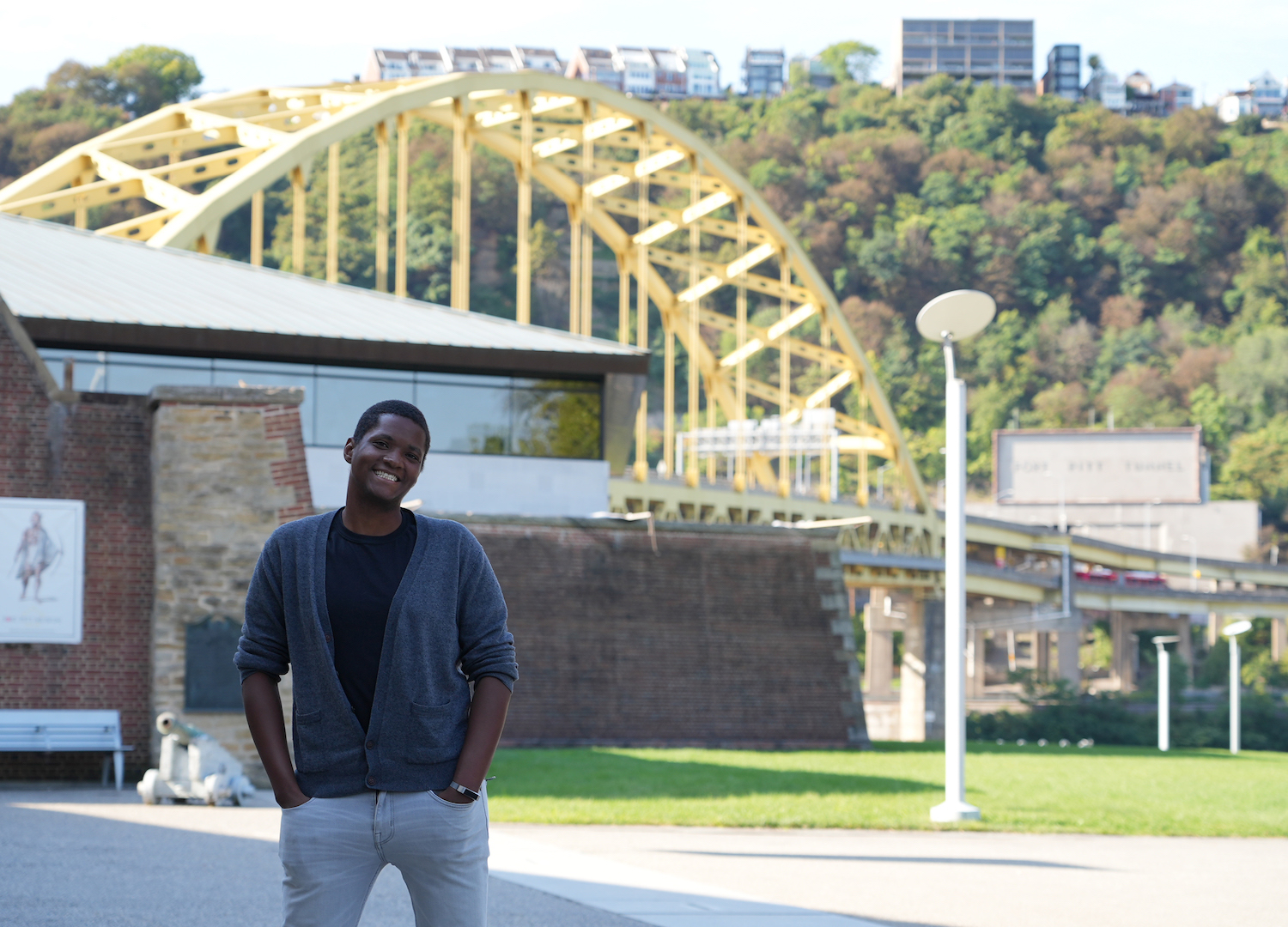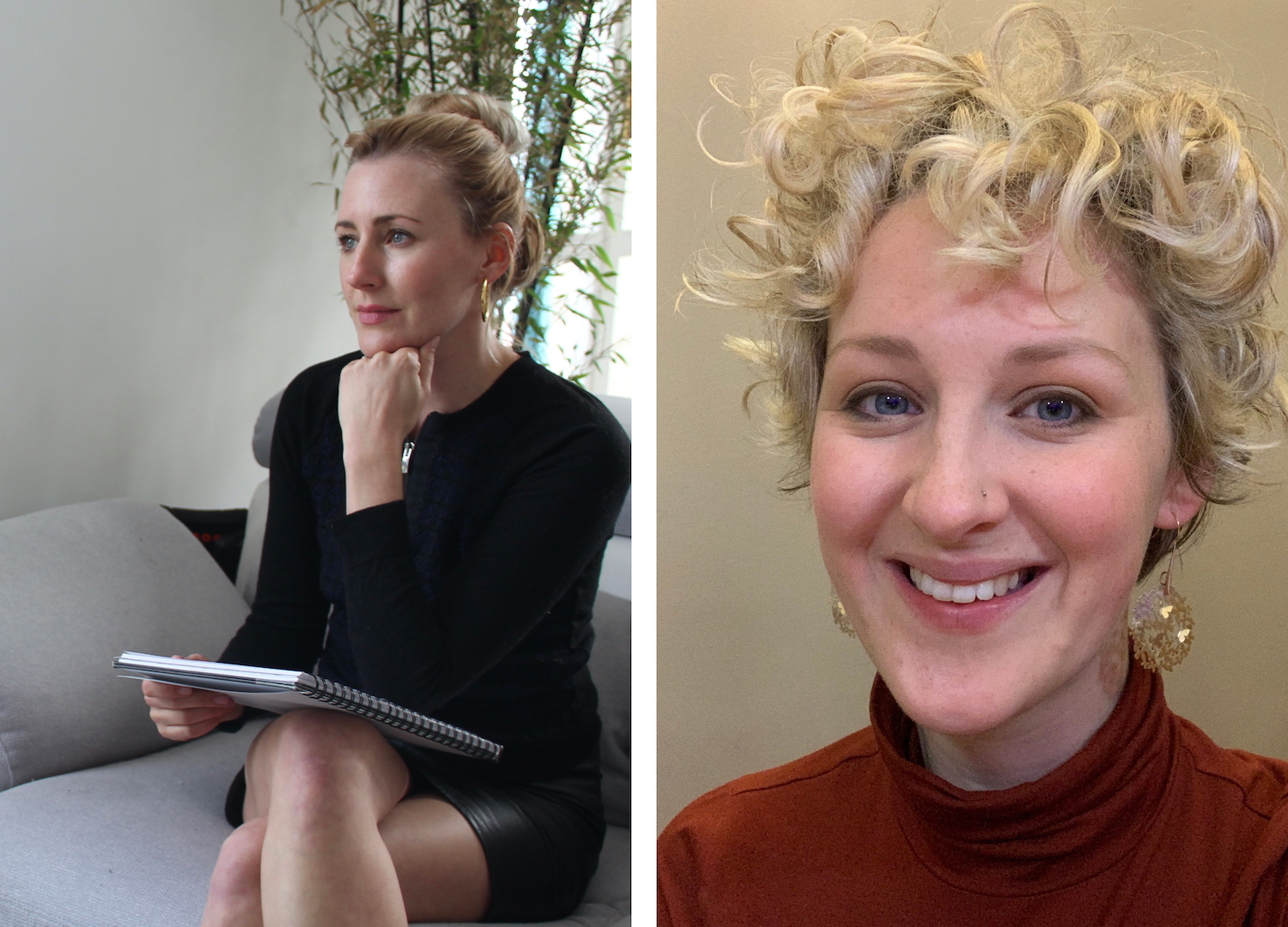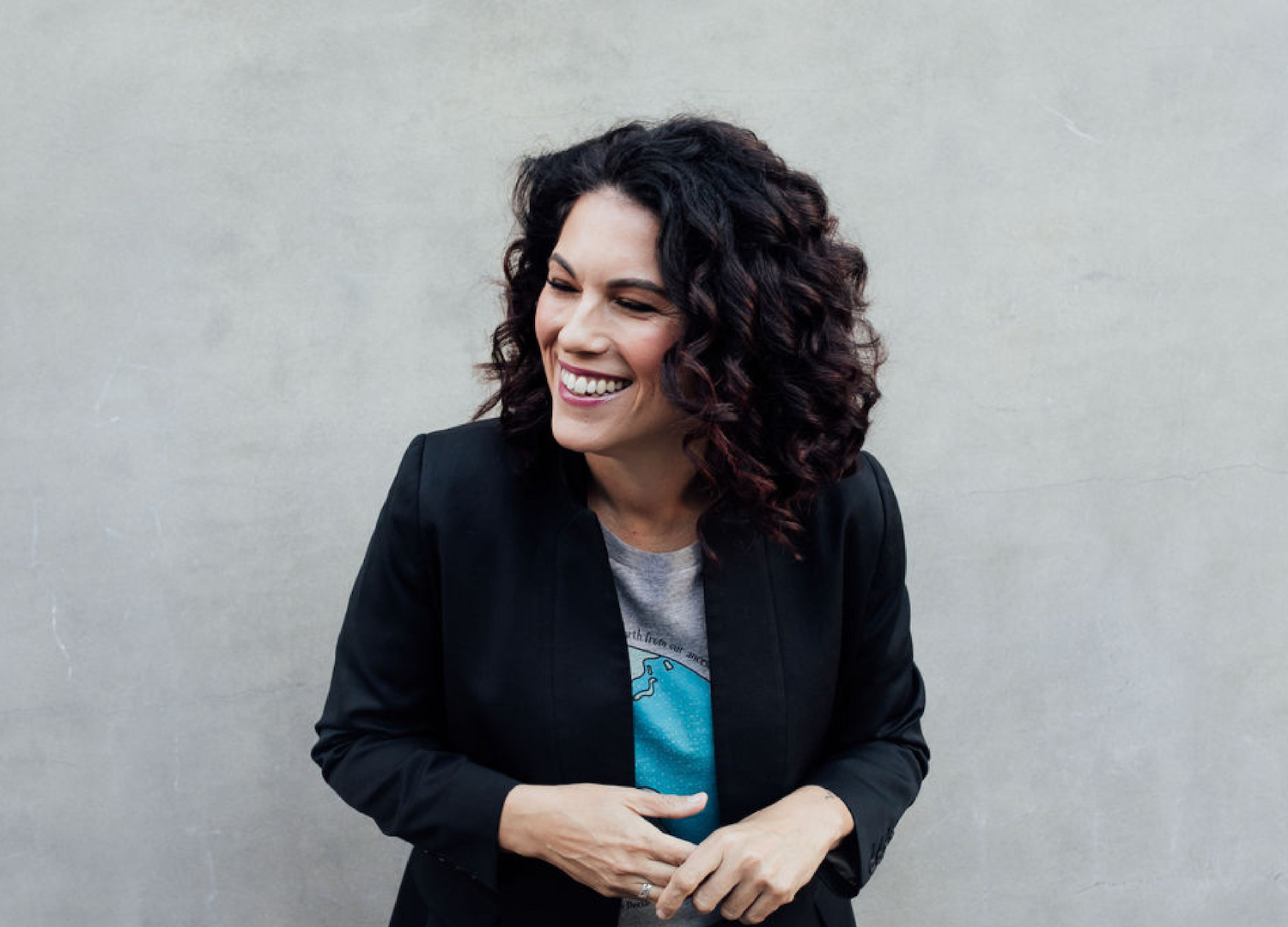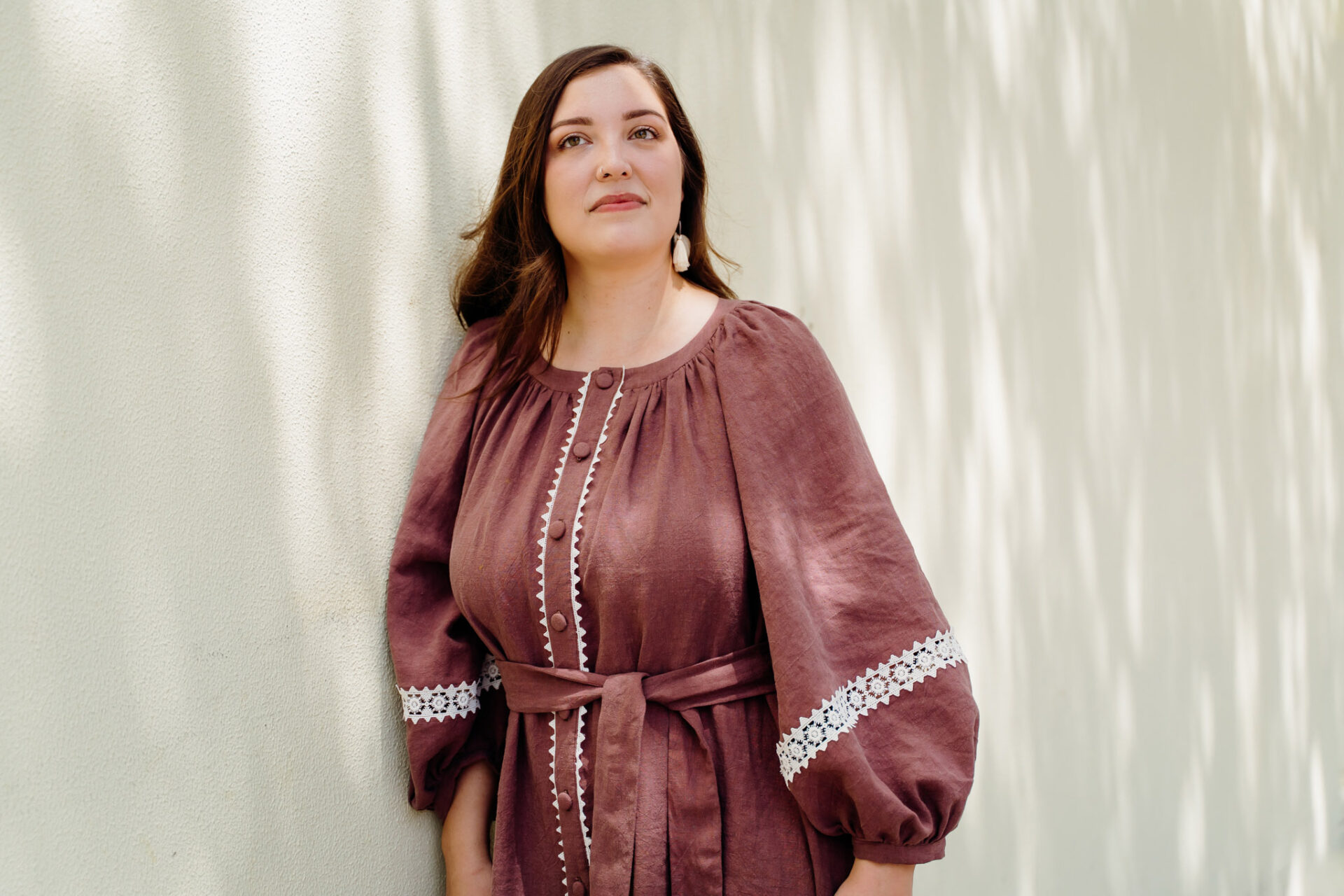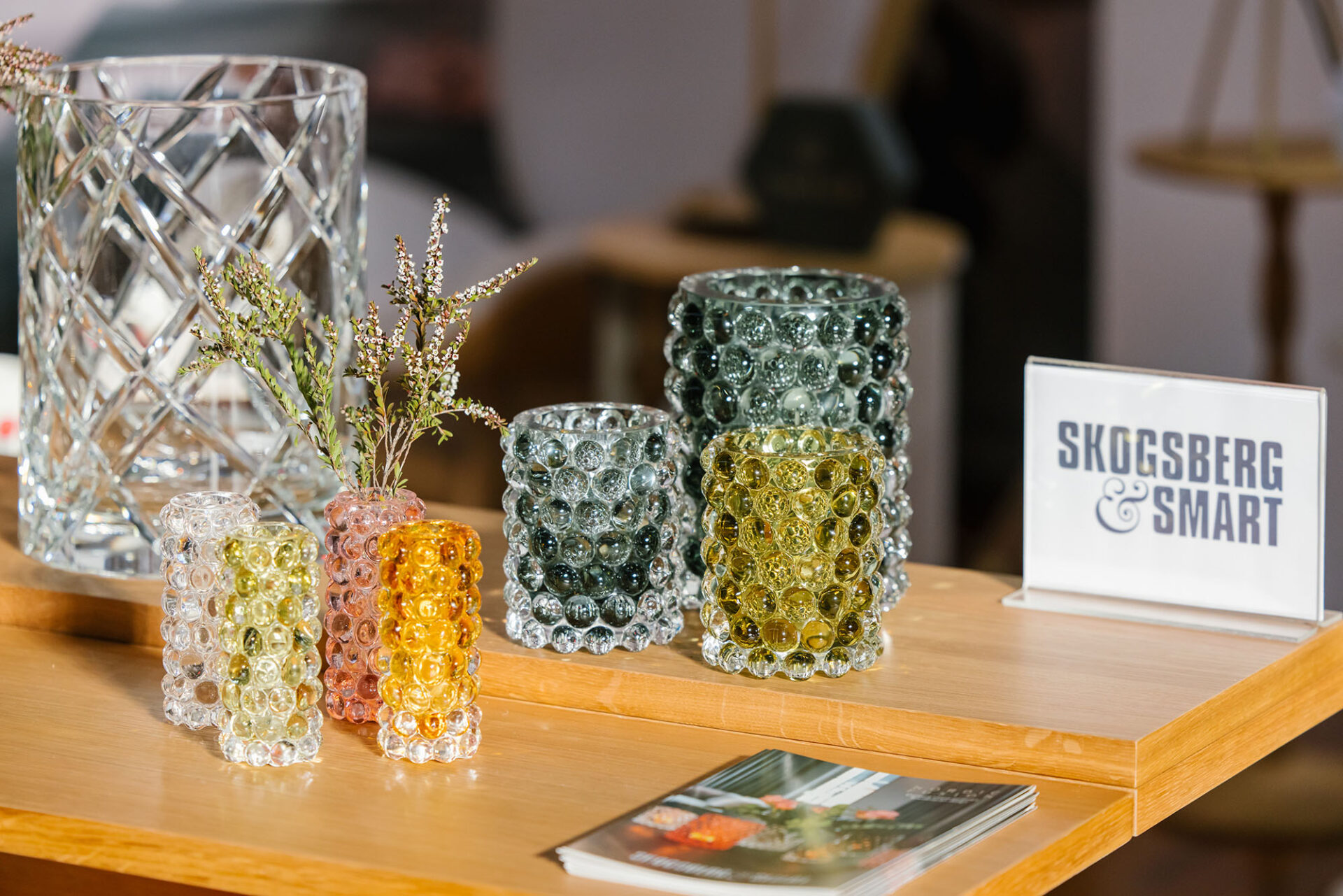“I Can Be a Change Agent” – Cultivating Active Hope in a Changing Climate
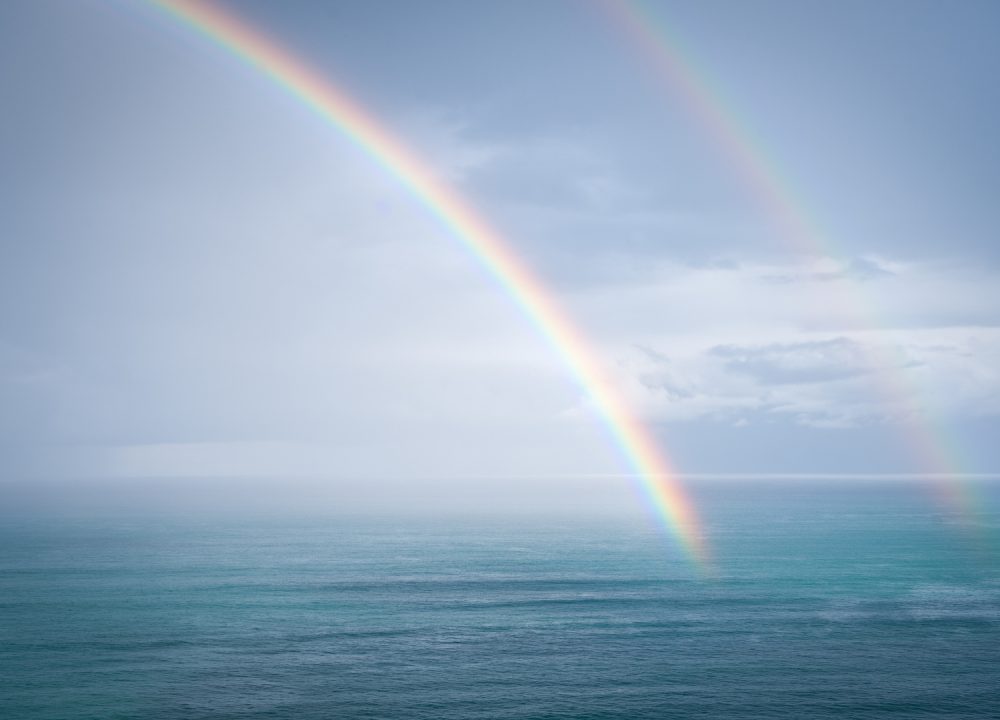
- Words by Peppermint
words SALLY GIBLIN
In a wash of green and teal, there’s no doubt that the 2022 federal election saw the planet on the ballot more than ever before. But it doesn’t mean that we can now take our foot off the gas, metaphorically speaking. Co-founder of Be The Future and co-host of the podcast Hope. Act. Thrive., Sally Giblin explores how to approach the climate movement with active hope, optimism and action.
I could feel the fear bubbling up in my chest. I was stuck in a climate headline spiral. Jumping from hellish extreme weather events, to youth climate anxiety caused by lack of government action, to climate scientists telling us, “It’s now or never,” to evade climate disaster.
I just wanted to crawl under my doona. Have you ever had moments like this? Where the fear, anger and despair bubble over?
If you have, it’s completely understandable. But, you know what? There’s a different path we can choose. A path where we focus our minds, our energy and our time on creating the future we desire.
Imagine a future where we have greater wellbeing, greener cities and cleaner air to breathe. Imagine a future with enriching jobs, thriving wildlife and oceans teeming with life. Imagine a future where people and nature thrive.
We need to cultivate active hope to create this future. ‘Active hope’ is a term coined by Joanna Macy and Chris Johnstone in their book Active Hope: How to Face the Mess We’re in with Unexpected Resilience and Creative Power. It’s where we become “active participants in bringing about what we hope for”, rather than giving in to climate doom, gloom and paralysis.
And that’s the key. Focusing on what you can do to help create a better future. But how can we build active hope in an ever-changing climate?
image MATT SCOTT
Seek out stories of climate solutions
There’s immense power in the stories we tell. “Seek out the problem-solvers,” says Matt Scott, climate storyteller at Project Drawdown, the world’s leading resource for climate solutions. “So often, the stories we are told about climate change and global warming are about how bad the problems are and not about the changemakers achieving real progress in implementing solutions.”
“To cultivate hope,” he adds, “we need to shift the narrative from one of ‘doom and gloom’ to one of collaboration, opportunity and solutions – that’s the power of effective stories.”
Realise you have agency
Realise you have agency in the climate movement and find your unique nexus of skills, need and joy. “Once we plug into what we’re good at and what we feel happy with and see that direct impact, that’s when we start to rise into that place of abundance,” says Megan Kennedy-Woodard, cofounder of Climate Psychologists.
“We’re far more powerful than we give ourselves credit for,” adds Megan Fraser, a founding member of Climate Change Coaches. “The sense of, ‘I can be a change agent. I can have influence,’ is an aha moment.”
images (L-R) MEGAN KENNEDY-WOODARD, MEGAN FRASER
Take collaborative action
“I would get involved in whatever way you can in your local community around climate,” advises Dr Rebecca Huntley, author of books including How To Talk About Climate Change in a Way That Makes a Difference. “Contact your local council or conservational council or, better still, find a way to bring up climate in the groups you already belong to,” she says. “All the anecdotal research shows action is the best way to generate hope and mitigate despair.”
Megan Kennedy-Woodard explains, “Climate action can be really positive for people in terms of increasing feelings of self efficacy, connection and community. From this action, we see ourselves succeeding and enjoying our climate work – hope is often a byproduct of this.”
Look at the achievements of humanity
Look at the achievements of humanity when faced with adversity. “I have a lot of hope when I look back at times when people thought progress wasn’t possible. Or societal transformation wasn’t possible. And then it was,” Megan Fraser says.
She points to societal transformations like emancipation, the vote for women and the civil rights movement. “When those people were in the thick of it, they had no idea what was possible,” she adds. “This isn’t the first time we’re trying to create massive systemic change. We’ve done it in the past.”
image DR REBECCA HUNTLEY
Make time for self-care
Balance your action with self care. “Look to online resources to keep hope alive and manage your mental and emotional response to climate change,” says Rebecca. Megan Kennedy-Woodard suggests “media blackouts and actively searching for positive news and solutions pertaining to the climate thus maintaining a balance”.
So, will you choose the path of active hope? Will you be part of the movement to create a future where people and nature thrive? As Nelson Mandela once said, “It always seems impossible until it’s done.” If you start with just one of these strategies to cultivate active hope, it could make all the difference for you. And collectively, all the difference for the future of our planet.
WANT MORE CLIMATE CONTENT? RIGHT THIS WAY!
JOIN OUR MAILING LIST
Brighten up your inbox with our not-too-frequent emails featuring Peppermint-related news, events, competitions and more!
explore
More articles
Look, I don’t want to make anyone panic but IT’S DECEMBER!!! If you’re planning to give homemade gifts, you’re going to have to act fast. …
Hang out with us on Instagram
🌻 The Paddington 🌻
This is a much-loved staple, created for Issue 50 in 2021. We love seeing the #PeppermintPaddingtonTop continually popping up in our feeds!
How stunning is our model Elon MelaninGoddessEfon – she told us it was one of the first times she had been asked to come to a shoot with her natural hair. 🌻
We worked with South African patternmaker Sarah Steenkamp of @FrenchNavyNow_ to create this wardrobe essential – the perfect puff-sleeve blouse. Raglan sleeves make it the ultimate beginner sew, plus the gorgeous back buttons let you add your own personal twist.
Pattern via the link in bio! 🪡
Photos: @KelleySheenan
Fabric: @Spoonflower
Model: MelaninGoddessEfon

“In the 1940’s, Norwegians made and wore red pointed hats with a tassel as a form of visual protest against Nazi occupation of their country. Within two years, the Nazis made these protest hats illegal and punishable by law to wear, make, or distribute. As purveyors of traditional craft, we felt it appropriate to revisit this design.”
Crafters have often been at the heart of many protest movements, often serving as a powerful means of political expression. @NeedleAndSkein, a yarn store in Minnesota, are helping to mobilise the craftivists of the world with a ‘Melt The Ice’ knitting pattern created by @Yarn_Cult (with a crochet pattern too), as a way of peaceful protest.
The proceeds from the $5 pattern will go to local immigrant aid organisations – or you can donate without buying the pattern.
Raise those needles, folks – art and craft can change the world. 🧶
Link in bio for the pattern.
Images: @Gather_Fiber @NeedleAndSkein @a2ina2 @KyraGiggles Sandi.204 @WhatTracyMakes AllieKnitsAway Auntabwi2
#MeltTheIce #Craftivism #Knitting #CraftForChange

TWO WEEKS TO GO! 🤩
"The most important shift is moving from volume-led buying to value-led curation – choosing fewer, better products with strong ethics, considered production and meaningful stories. Retailers have real influence here: what you buy signals what you stand for. At Life Instyle, this means using the event to discover and invest in small-scale, planet-considerate brands that align with your values and your customer’s conscience. Consumers don’t need more things; they need better things, and retailers play a key role in selecting, contextualising, and championing why those products matter."
Only two more weeks until @Life_Instyle – Australia`s leading boutique retail trade show. If you own a store, don`t miss this event! Connect with designers, source exquisite – and mindful – products, and see firsthand why this is Australia’s go-to trade show for creatives and retailers alike. And it`s free! ✨️
Life Instyle – Sydney/Eora Country
14-17 February 2026
ICC, Darling Harbour
Photos: @Samsette
#LifeInstyle #SustainableShopping #SustainableShop #RetailTradeEvent

Calling all sewists! 📞
Have you made the Peppermint Waratah Wrap Dress yet? Call *1800 I NEED THIS NOW to get making!
This gorgeous green number was modelled (and made) by the fabulous Lisa of @Tricky.Pockets 🙌🏼
If you need a nudge, @ePrintOnline are offering Peppermint sewists a huge 🌟 30% off ALL A0 printing 🌟 when you purchase the Special Release Waratah Wrap Dress pattern – how generous is that?!
Head to the link in bio now 📞
*Not a real number in case that wasn`t clear 😂
#PeppermintWaratahWrapDress #PeppermintPatterns #SewingPattern #WrapDress #WrapDressPattern

8 Things to Know About January 26 - from @ClothingTheGaps:
Before you celebrate, take the time to learn the truth. January 26 is not a day of unity it’s a Day of Mourning and Survival for Aboriginal and Torres Strait Islander peoples.
It marks the beginning of invasion, dispossession, and ongoing colonial violence. It’s time for truth-telling, not whitewashed history.
Stand in solidarity. Learn. Reflect. Act.
✊🏽 Blog written by Yorta Yorta woman Taneshia Atkinson.
🔗 Link in bio of @ClothingTheGaps to read the full blog
#ChangeTheDate #InvasionDay #SurvivalDay #AlwaysWasAlwaysWillBe #ClothingTheGaps

As the world careens towards AI seeping into our feeds, finds and even friend-zones, it`s becoming increasingly hard to ignore.
We just wanted to say that here at Peppermint, we are choosing to not print or publish AI-generated art, photos, words, videos or content.
Merriam-Webster’s human editors chose `slop` as the 2025 Word of the Year – they define it as “digital content of low quality that is produced usually in quantity by means of artificial intelligence.” The problem is, as AI increases in quality, it`s becoming more and more difficult to ascertain what`s real and what`s not.
Let`s be clear here, AI absolutely has its place in science, in climate modelling, in medical breakthroughs, in many places... but not in replacing the work of artists, writers and creatives.
Can we guarantee that everything we publish is AI-free? Honestly, not really. We know we are not using it to create content, but we are also relying on the artists, makers and contributors we work with, as well as our advertisers, to supply imagery, artwork or words created by humans. AI features are also creeping into programs and apps too, making it difficult to navigate. But we will do our best to avoid it and make a stand for the artists and creatives who have had their work stolen and used to train AI machines, and those who are now losing work as they are replaced by this energy-sapping, environment-destroying magic wand.
Could using it help our productivity and bottom line? Sure. And as a small business in a difficult landscape, that`s a hard one to turn down. We know other publishers who use AI to write stories, create recipes, produce photo shoots... but this one is important to us.
`Touch grass` was also a Merriam-Webster Word of the Year. We`ll happily stick with that as a theme, thanks very much. 🌿

